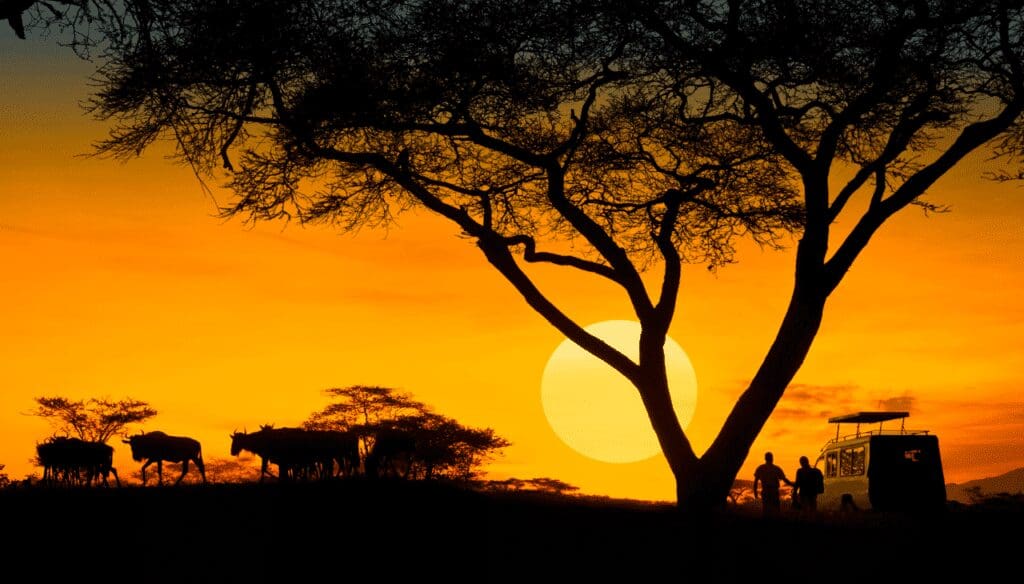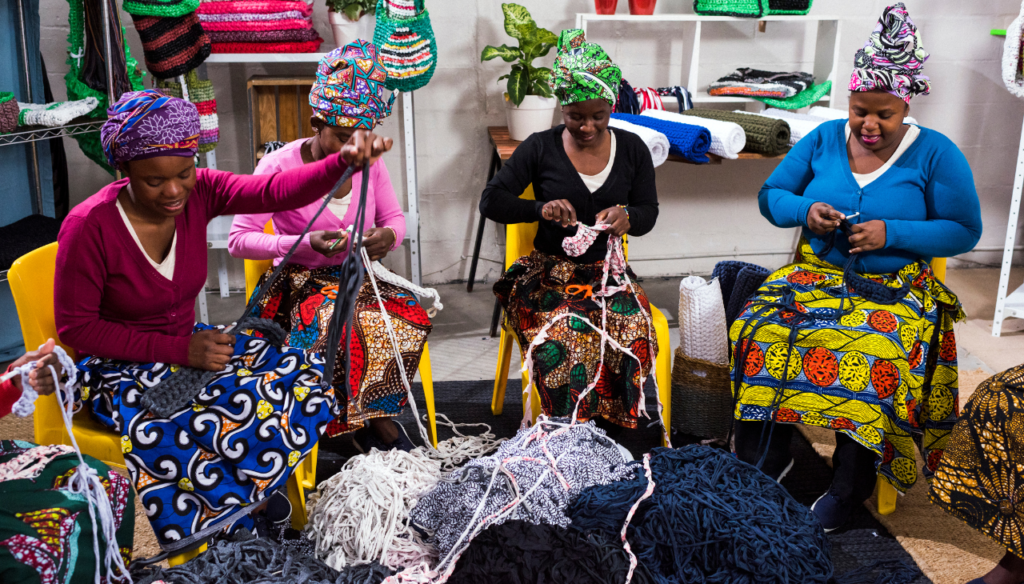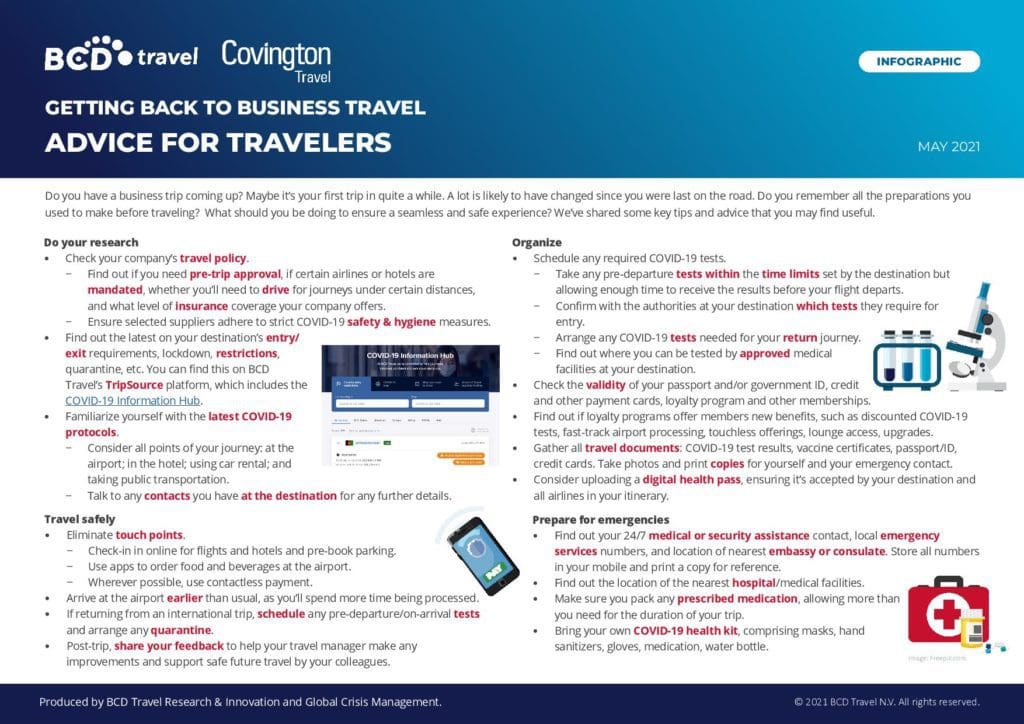
Sustainability is a responsibility we all share. As the citizens of the world become more globally engaged, we’ve also become more aware of the unintentional damage that can be wrought on destinations. For travelers who want to experience other cultures and distinctive landscapes, African safaris offer life-changing journeys. By choosing sustainable safari experiences, you can make sure your travel does not harm the people, places, and wildlife you visit. To help you identify what makes a safari sustainable, here is a guide to some positive impact experiences to include in your itinerary.
What are Sustainability Goals?
The United Nations have outlined 17 Sustainable Development Goals (SDGs) that are interlinked to provide a blueprint for “peace and prosperity for people and the planet now and into the future.”
Virtuoso’s Sustainability Mission is built around three pillars – travel that protects the planet, travel that supports local economies, and travel that preserves cultural heritage.
A sustainable safari incorporates the same elements to support the planet (environment and wildlife), people (hunger, health, education, and equality), and profit (no poverty, economic growth).
Sustainable Safari Experiences

When you participate in sustainable safari experiences, your travel has a positive impact. You gain a greater understanding of sustainable development issues and how the local community is taking action to address them. There is no shortage of ways you can make your travel matter. Here are just a few examples of ways you can support the planet, people, and profits in Africa.
- Meet local businesspeople and buy their products. This can range from artists and craftsmen to winemakers and chefs. Supporting local businesses empowers communities and promotes economic growth.
- Learn about conservation projects by visiting a wildlife rehabilitation center, joining field researchers in their studies, or going behind the scenes with an anti-poaching team to learn about scent tracking. Protecting wildlife and the environment supports biodiversity and ecosystems.
- Stay in solar-powered safari lodges and use electric boats and vehicles on game drives in Botswana. Clean energy fights climate change.
- Visit a women’s cooperative to promote gender equality. Talk to people who run community initiatives such as clean water projects or beekeeping to encourage infrastructure and industry.
- Visit a school to learn African songs or play a pick-up game of soccer. Learn from the children as they learn from you.
- Taste traditional foods and take part in music and dance to learn about a different culture through first-hand experiences.
Tips for General Travel Sustainability

Travel is both a gift and a responsibility. The experience is a powerful stimulus to protect our world’s abundant natural and cultural legacies for future generations. Some ways to show that you are committed to sustainable travel include:
- Don’t use single-use plastics. Travel with a refillable water bottle and ask your hotel for local recyclable purified water.
- Only eat sustainably sourced seafood. The Monterey Bay Aquarium offers Seafood Watch website to help. Eat locally sourced produce and meat to support the local economy and save transportation energy.
- Stay in hotels committed to sustainability. Look at their website to find out what they are doing to go green and beware of greenwashing.
- Pack a reusable shopping bag. Plastic bag pollution is a real problem and it’s always handy to have a little extra carry-on space for souvenirs.
- Reduce your carbon footprint. Choose non-stop flights or take the train instead of flying. Walk or bike instead of using a vehicle.
- Never buy wildlife products. Say no to fur clothing, ivory jewelry, and things made from sea turtle shells. Take home only photos and memories of wildlife.
Sustainable travel is something we must all aspire to, whether it’s for a once-in-a-lifetime safari or a weekend trip to the beach. Talk to your Covington vacation advisor about adding sustainable elements to your next trip.






Leave a Reply